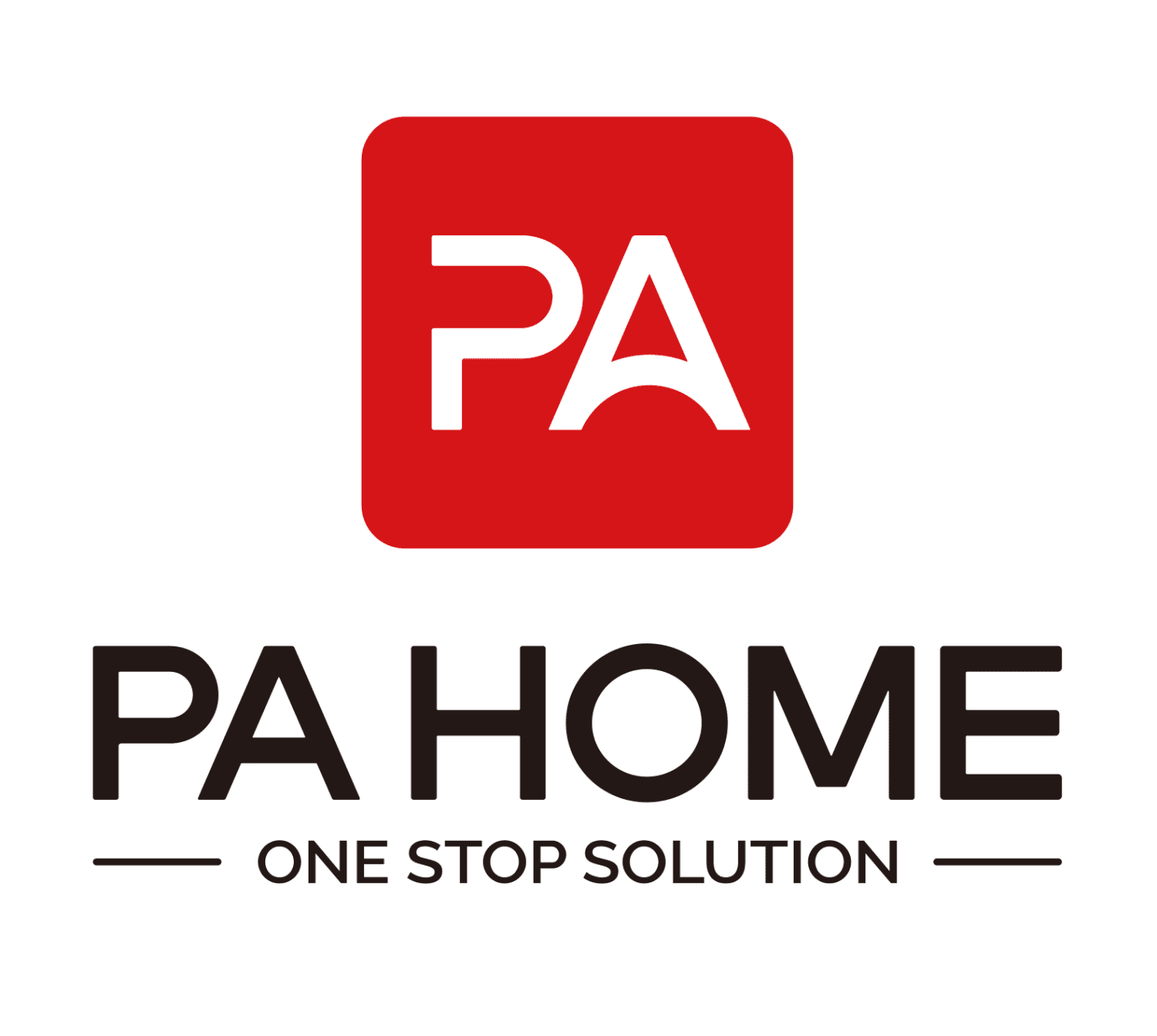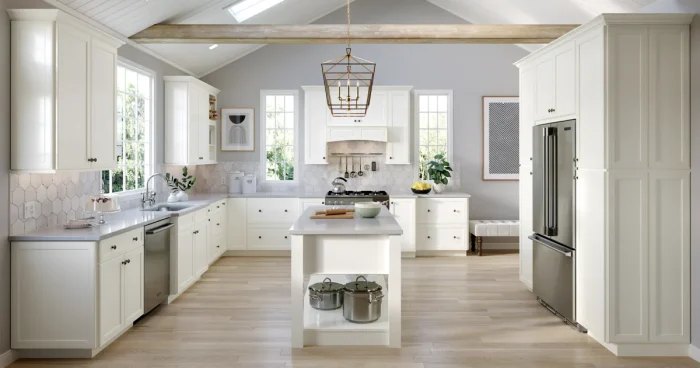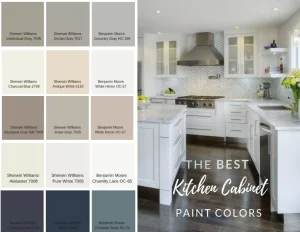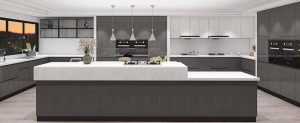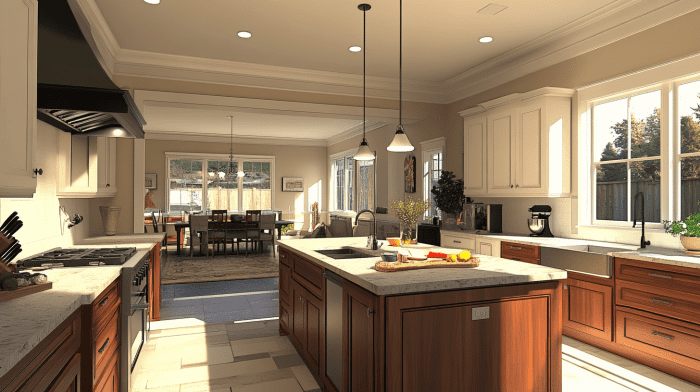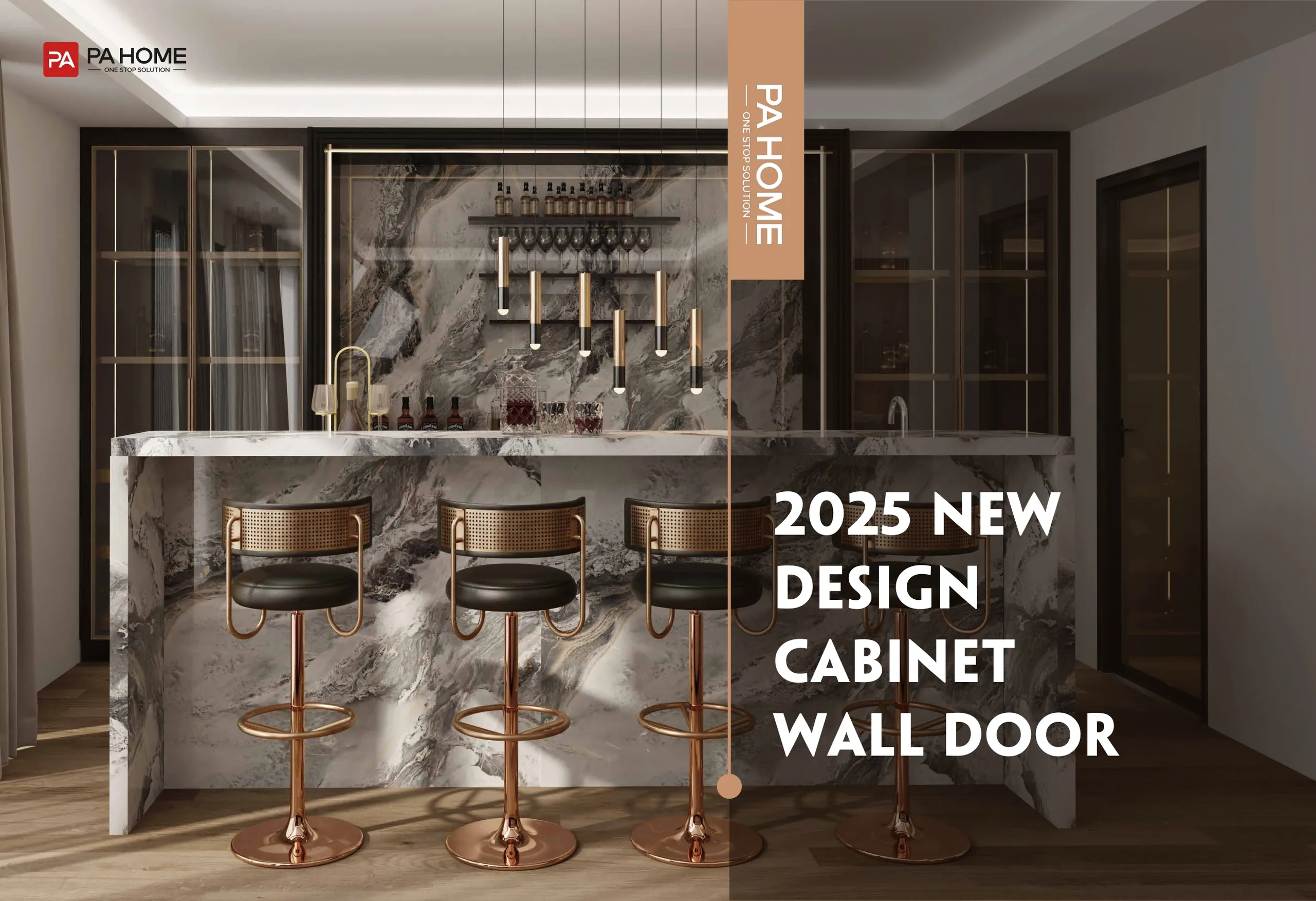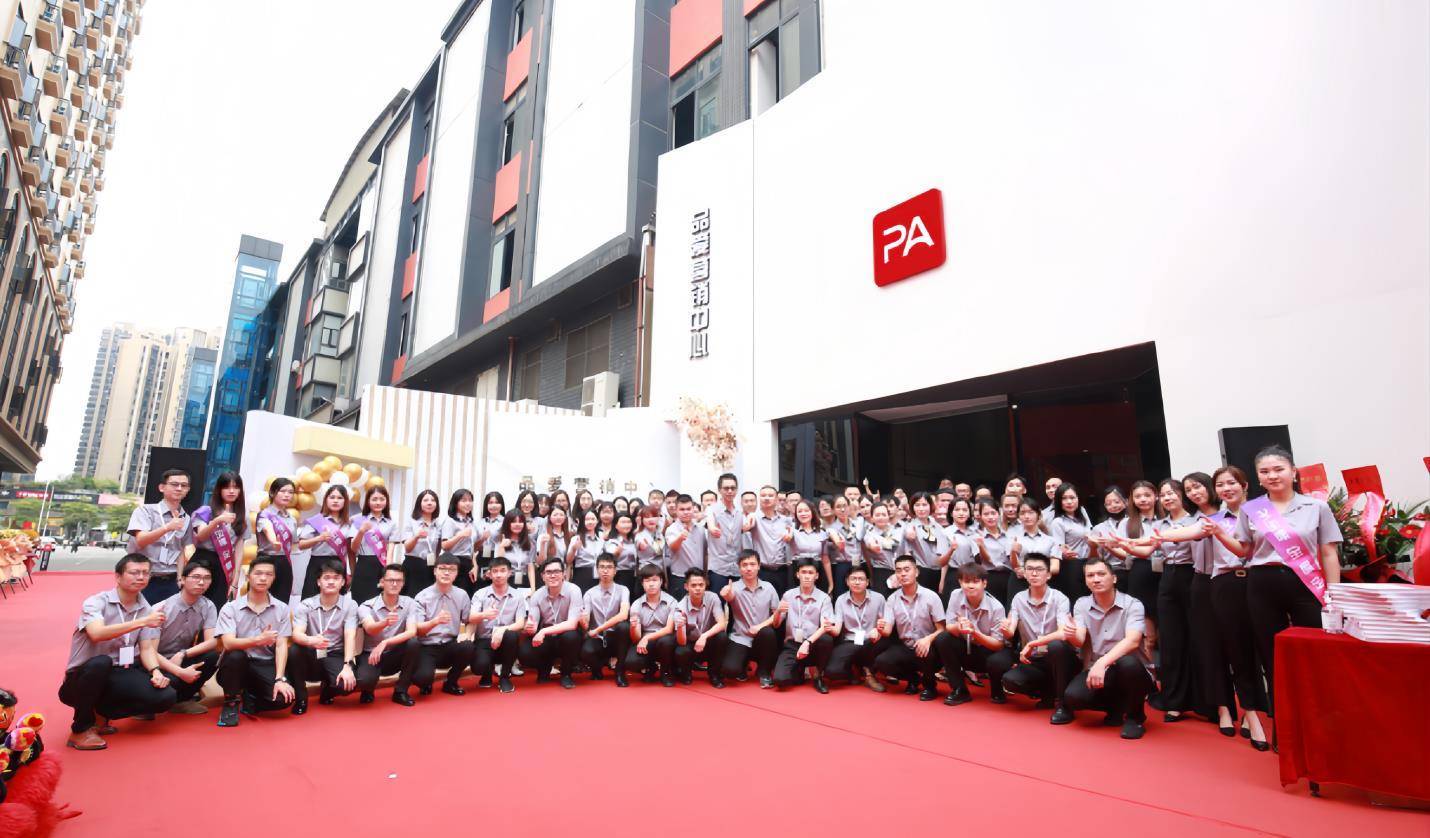Did you know 40% of customers judge a business by its entrance design? Your commercial glass door isn’t just an entryway—it’s a first impression, a security barrier, and an energy efficiency asset rolled into one. Whether you’re outfitting a retail store, restaurant, or office, choosing the right glass commercial door can boost foot traffic, slash HVAC costs, and even help you avoid costly fines.
What is a Commercial Glass Door?
A commercial glass door is a type of entryway commonly used in business establishments, featuring large glass panels framed by materials such as aluminum, steel, or wood. These doors serve both functional and aesthetic purposes, providing visibility, natural light, and an inviting entrance for customers. They are prevalent in various commercial settings, including retail stores, offices, restaurants, and hotels.
Types of Commercial Glass Doors Compared
Commercial glass doors are more than just entryways—they’re functional, aesthetic, and often a reflection of your brand. Whether you’re designing a sleek office lobby or a high-traffic retail store, choosing the right type of glass door is crucial.
Sliding Glass Doors
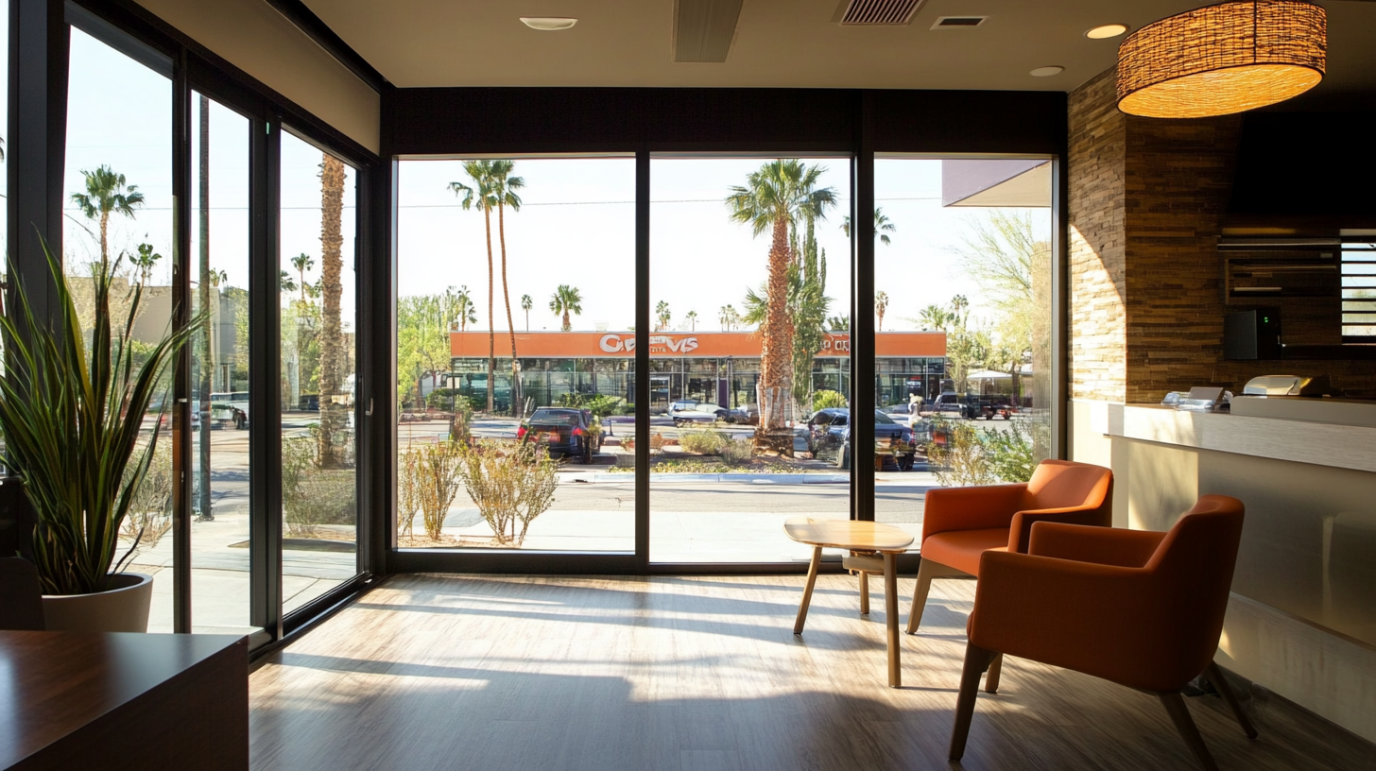
Sliding glass doors are a go-to solution for spaces where floor space is at a premium, such as cafes, conference rooms, or retail stores. These doors glide horizontally on tracks, eliminating the need for swing clearance and maximizing usable space. Modern sliding doors often feature frameless designs, creating a seamless, minimalist look that enhances natural light flow. Automatic sliding doors are particularly popular in high-traffic areas like airports and shopping malls, as they reduce energy loss by 50% compared to manual options.
Swinging Glass Doors
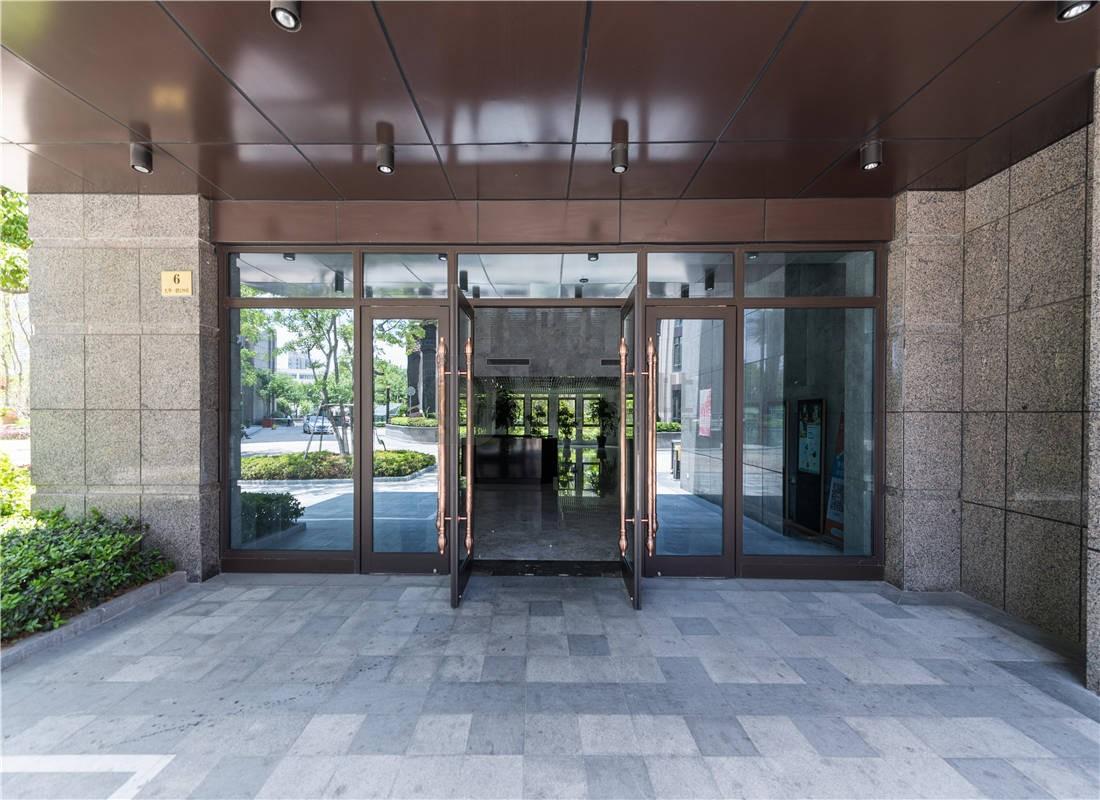
Swinging glass doors are a classic choice for high-traffic environments like hospitals, hotels, and shopping centers. They offer durability and versatility, with options for single or double doors. ADA compliance is a key consideration, requiring a minimum 32-inch clearance for accessibility. These doors are often paired with reinforced hinges to handle heavy use, making them ideal for spaces that demand both functionality and aesthetic appeal.
Pivot Glass Doors
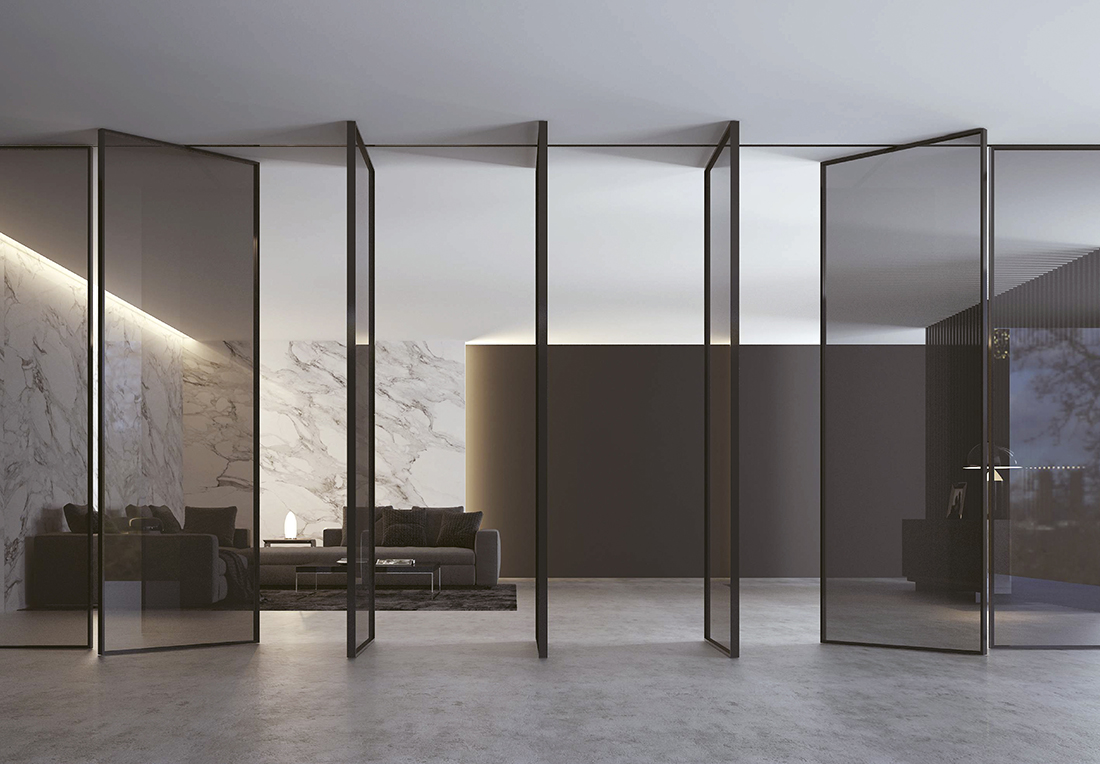
Pivot glass doors are a favorite in modern architectural designs, offering a sleek, minimalist look. Unlike traditional hinges, pivot hinges anchor the door at the top and bottom, allowing for smooth, wide swings. Walking beam pivots enable door clearance adjustments, while offset pivots position the pivot point away from the center, making them ideal for storefronts and large entryways. These doors are perfect for frameless glass systems and spaces where design is a priority.
Folding Glass Doors (Bi-Fold or Accordion)
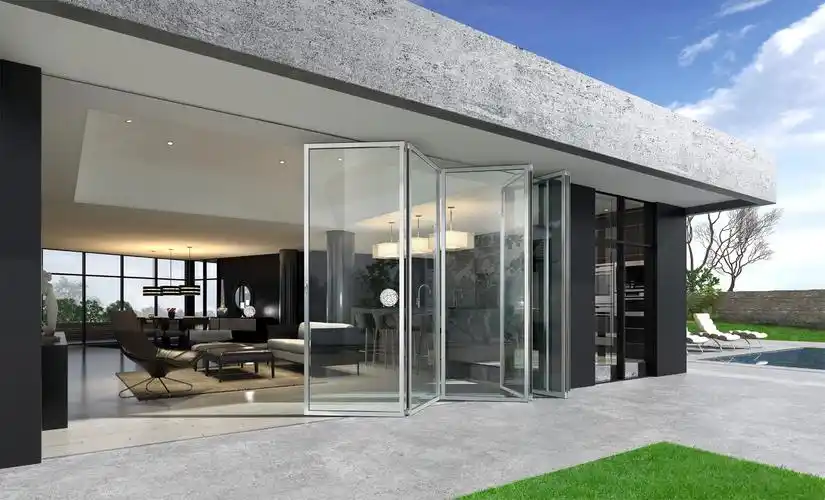
Folding glass doors are the ultimate space-saving solution, ideal for areas requiring flexible access, such as patios, conference rooms, or restaurants. These doors fold neatly to one or both sides, creating an open, airy feel. Available in both interior and exterior designs, folding doors can be customized to match your aesthetic preferences. They’re particularly popular in hybrid spaces that blend residential and commercial elements.
Revolving Glass Doors
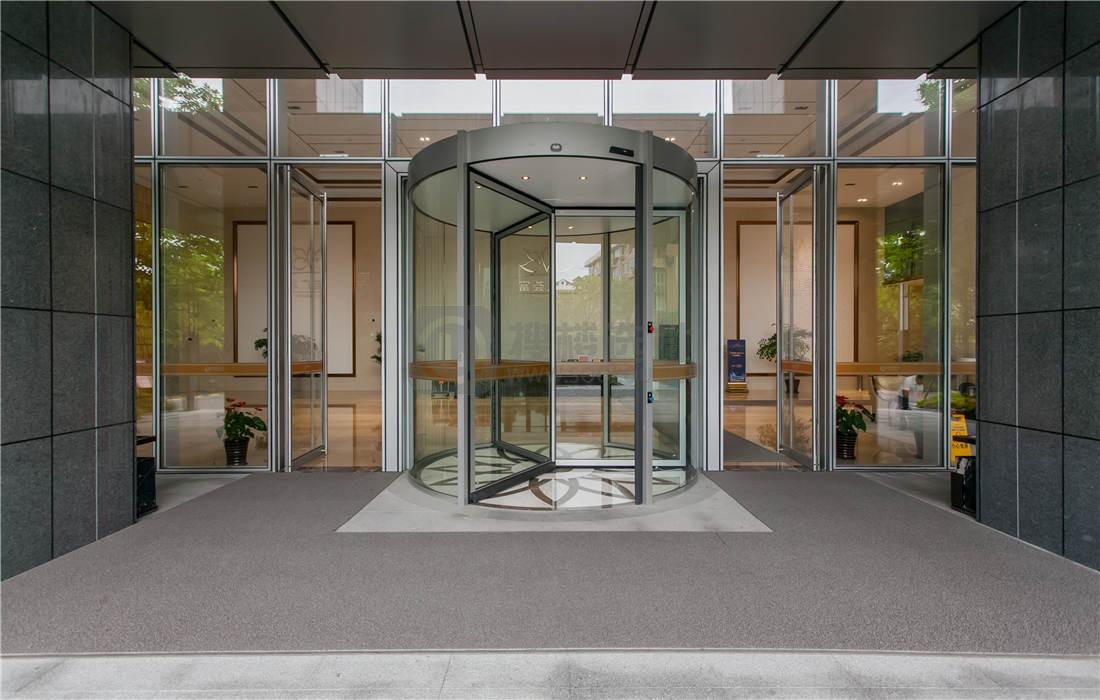
Revolving glass doors are a hallmark of high-traffic buildings like skyscrapers, airports, and luxury hotels. They excel in energy efficiency, reducing HVAC loss by 30% while allowing multiple people to enter and exit simultaneously. These doors often integrate advanced security features, such as access control systems, making them a practical and stylish choice for modern commercial spaces.
Frosted or Decorative Glass Doors
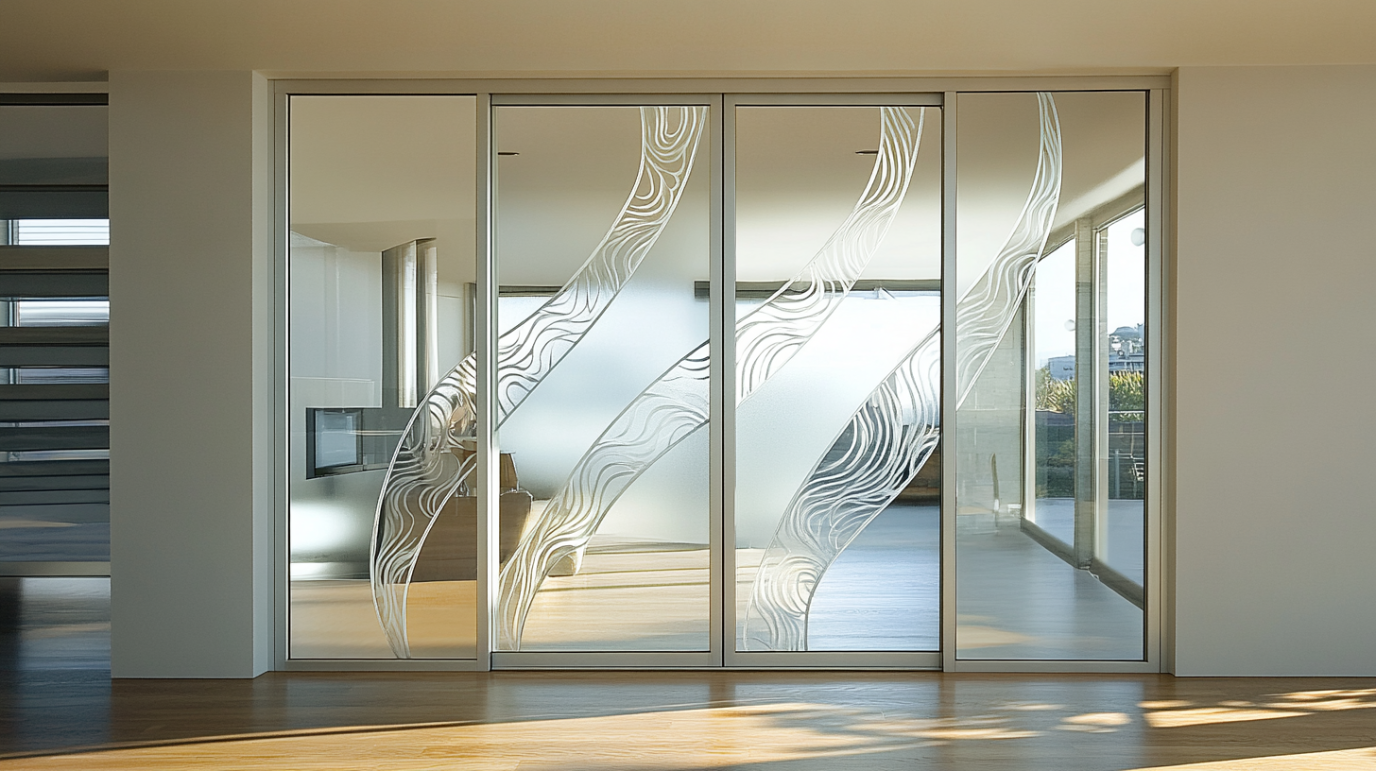
Frosted or decorative glass doors are perfect for spaces that need privacy without sacrificing natural light, such as offices, spas, or boutique stores. These doors can be customized with logos, patterns, or textures, adding a unique touch to your interior design. Frosted glass obscures visibility while maintaining brightness, making it a versatile choice for both functional and aesthetic needs.
Glass Types of Commercial Glass Doors
When choosing glass commercial doors, understanding the various glass types and their respective advantages and disadvantages is crucial. Here’s an overview of common glass types:
Tempered Glass
Tempered glass is produced by heating standard glass to high temperatures and then rapidly cooling it, a process that increases its strength by four to six times compared to regular glass. When broken, it shatters into small, blunt pieces, reducing the risk of injury. Suitable for areas requiring safety, such as shopping malls and office glass doors and windows.
Laminated Glass
Comprising two or more layers of glass bonded with an interlayer, typically polyvinyl butyral (PVB), laminated glass holds together when shattered, providing enhanced security and noise reduction. It’s commonly used in areas requiring high safety standards, such as bank counters and skylights.
Low-Emissivity (Low-E) Glass
Featuring a thin metallic coating, Low-E glass reflects infrared radiation, reducing heat transfer and improving energy efficiency. It’s ideal for energy-efficient buildings and areas requiring temperature control.
Smart Glass
Also known as switchable glass, this type can adjust its transparency through electrical control, providing privacy and light regulation. It’s suitable for spaces requiring flexible transparency control, such as conference rooms and hotel bathrooms.
Tips:
-
🔒
Safety: For high-traffic areas or zones requiring enhanced safety, consider tempered or laminated glass.
-
💡
Energy Efficiency: In buildings where energy conservation is a priority, prioritize insulated or Low-E glass.
-
🔒
Privacy Needs: For spaces requiring adjustable transparency, smart glass is an ideal choice.
How Much Does a Commercial Glass Entry Door Cost?
The cost of a commercial glass entry door varies based on factors such as size, design, materials, and additional features.
| Door Type | Average Cost | Lifespan | Best For |
|---|---|---|---|
| Standard Single | $1,000–$1,500 | 15–20 yrs | Offices, retail stores |
| Single with Sidelite | $1,350–$2,175 | 15–20 yrs | Clinics, boutiques |
| Double Doors | $1,800–$3,500 | 15–20 yrs | Hotels, retail entrances |
| Smart Glass Doors | From $789 per lite | 10–15 yrs | Conference rooms, hotels |
| Automatic Sliding | $8,000–$20,000 | 10–15 yrs | Malls, airports |
| Fire-Rated | $5,000–$12,000 | 20+ yrs | Warehouses, laboratories |
Please note that these prices are approximate and can vary based on customization, hardware choices, and installation requirements. It’s advisable to consult with suppliers or contractors for precise estimates tailored to your specific needs.
Frame Material: Balancing Durability and Aesthetics
Aluminum: Lightweight and corrosion-resistant, aluminum frames are ideal for coastal areas. Opt for powder-coated finishes for added durability.
Stainless Steel: Known for its strength and sleek look, stainless steel is perfect for high-traffic environments like hospitals. It’s also resistant to rust and chemicals.
Wood: Offers a warm, classic aesthetic but requires regular maintenance to prevent warping or rotting. Best for low-traffic, high-end spaces like boutique hotels.
Frameless Designs: Create a sleek, modern look that maximizes visibility and light flow.
Safety and Compliance: Meeting Industry Standards
Hinges: Heavy-duty stainless steel hinges (e.g., Norton 316 grade) are essential for doors over 200 lbs. Look for self-lubricating models to reduce maintenance.
Handles: Choose ergonomic designs for high-traffic areas. For a modern touch, consider flush pulls or touchless handles.
Locks: Smart locks (e.g., Yale or Schlage) allow remote access control via smartphone apps, enhancing security and convenience.
Hardware: The Unsung Hero of Functionality
Hinges: Heavy-duty stainless steel hinges (e.g., Norton 316 grade) are essential for doors over 200 lbs. Look for self-lubricating models to reduce maintenance.
Handles: Choose ergonomic designs for high-traffic areas. For a modern touch, consider flush pulls or touchless handles.
Locks: Smart locks (e.g., Yale or Schlage) allow remote access control via smartphone apps, enhancing security and convenience.
Aesthetic Options: Enhancing Your Brand Image
Your glass door is often the first thing customers see, so make it count.
Frosted or Etched Glass: Adds privacy while maintaining natural light. Perfect for offices or spas.
Custom Designs: Incorporate logos, patterns, or textures to reinforce brand identity.
Frameless Designs: Create a sleek, modern look that maximizes visibility and light flow.
Conclusion
Choosing the best commercial glass door is a strategic decision that impacts your business’s aesthetics, energy efficiency, and security. From understanding glass types like tempered and Low-E to evaluating smart features like touchless entry, every detail matters. Whether you’re upgrading a retail store, office, or healthcare facility, the right door can enhance functionality, reduce costs, and elevate your brand image.
Ready to take the next step? PA Window specializes in high-quality commercial glass doors tailored to your needs. Contact PA today for a free consultation and quote—let’s transform your space with the perfect entrance solution!
FAQs
The ideal choice depends on your needs. Tempered glass is common due to its strength and safety, while laminated glass provides enhanced security and soundproofing. Insulated glass units (IGUs) offer superior energy efficiency.
Cost varies widely based on door size, glass type, frame material, customization options, and installation complexity. Prices typically range from $1,000 to over $5,000 per door.
The door size should align with traffic volume, accessibility requirements (ADA standards), building codes, and the architectural design of your facility. Consult a professional installer to determine precise measurements.
Common options include storefront doors, aluminum-framed glass doors, steel-framed glass doors, automatic sliding doors, swing doors, and revolving glass doors, each serving different functional and aesthetic needs.
Yes, due to the need for weather resistance, security, and building code compliance, professional installation by experienced technicians is essential for proper sealing, alignment, and long-term performance.

